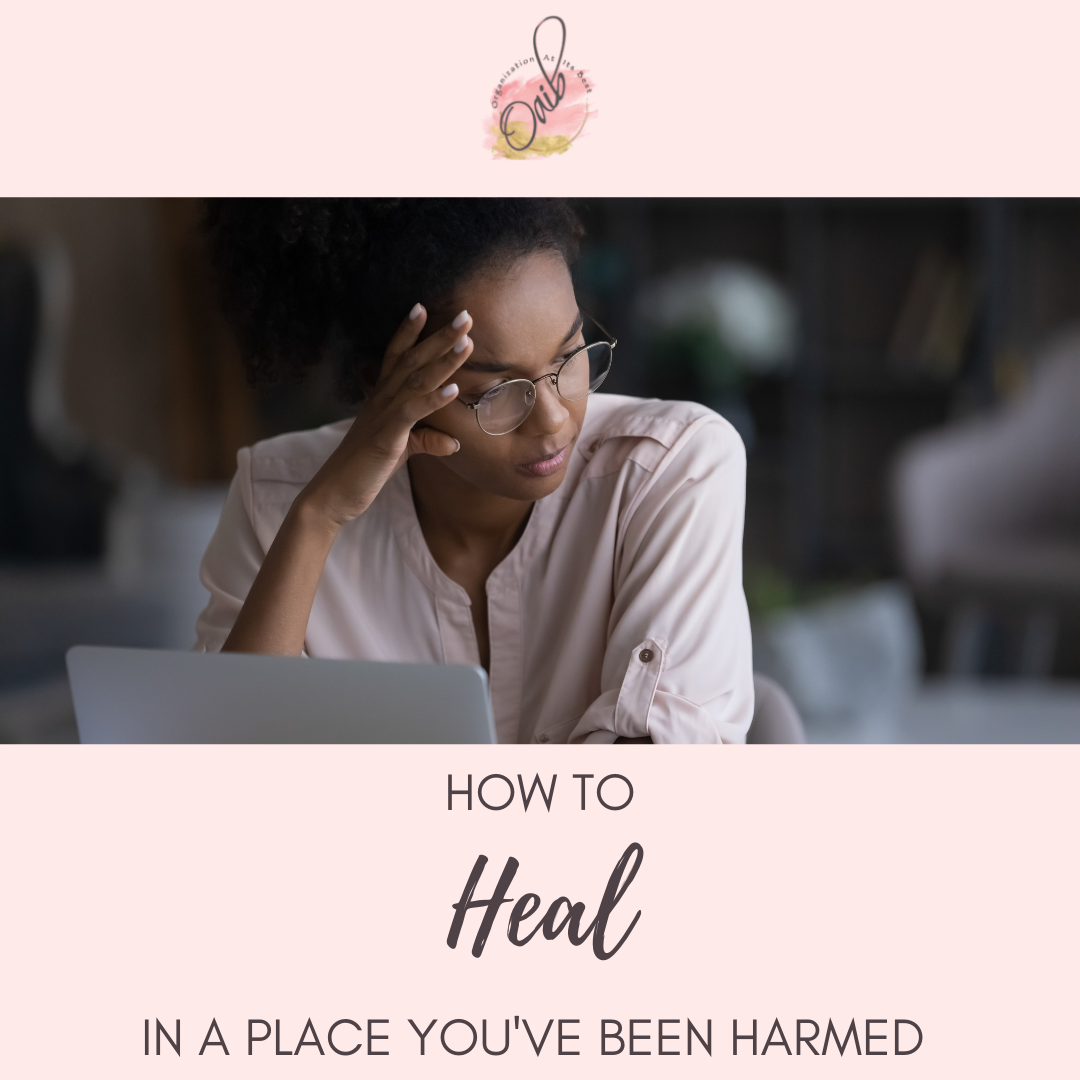
MARCH 17, 2022
How to Heal in a Place You’ve Been Harmed
A microaggression is a subtle comment or blatant action that can be unintentional, hostile, or demeaning.
Author Michael Baran calls them Subtle Acts of Exclusion. I like this term because it describes how people feel when they’ve been harmed by a microaggression.
Black people endure microaggressions as part of everyday life in the workplace.
Whether it’s a comment like “you’re really articulate” or “can I touch your hair,” or denying that White privilege exists, a lot of the things we are told devalue us and cause us harm.
The same goes for being left out of conversations or work events – signals that we don’t fit in or aren’t wanted.
It’s been said that you can’t heal in the place that made you sick, and if you’re being harmed at work, it may be time to look for a new job.
Yet there are some situations where you can heal in the place you’ve been harmed.
I first have to say that microaggressions in any form – whether as assault, insult, or invalidation – must be confronted.
If the person who caused the harm is made aware of their offense and genuinely commits to not letting it happen again, then it’s much more likely that the offended person can heal where they’ve been harmed…especially if they have the help of allyship.
When workplace harms occur, the truth is we are more likely to address it with someone other than the offender. It’s easy to vent or lash out at someone who feels safe to us.
This might be a witness, or a boss, or a friend, or even HR, and while there are appropriate times to go to these resources, we should first “call-in” the offender and be very direct about the impact of the harm caused.
You can start by asking for clarification, such as: “What did you mean when you said…?”
This gives them an opportunity to examine their own words.
Yes, it can get awkward, and yes it’s not your responsibility to educate abusers, but you know what? It’s okay for them to experience discomfort.
It might just help them see the impact of their words or actions.
This is more empowering than “giving them a piece of your mind” or complaining, so you take back your power and can heal.
Healing Is Most Possible In A Supportive Culture
It helps to have strong, committed leadership to create cultures where microaggressions are minimized and healing is made possible.
This is what much of OAIB’s work is about, creating leaders who are committed to equity, skilled at managing difficult situations, and willing to change the workplace climate.
Leaders, if you want to give offenders tools to change behaviors, and to cultivate a supportive culture, here are things you can do:
- Identify: Make the person aware of the harm they did
- Acknowledge: Get them to see and agree that harm was done
- Accept: Work with them to accept responsibility for their actions
- Apologize: Ask them to give an authentic apology to the person harmed
- Commit: Work with them to do something different next time, to show up differently
- Reset expectations
- Re-establish the relationship
You can become an ally by modeling the behavior you want to see and committing to raising awareness through continuous education.
Create a culture where those offended can heal, and your team will bring their full selves to work, shifting from striving to thriving.
Organization At Its Best Founder and Chief Executive Officer, Tawana Bhagwat, has more than twenty-five years of experience directing Human Resource administration, change management, learning and development, facilitation, DEIB, and executive coaching.

